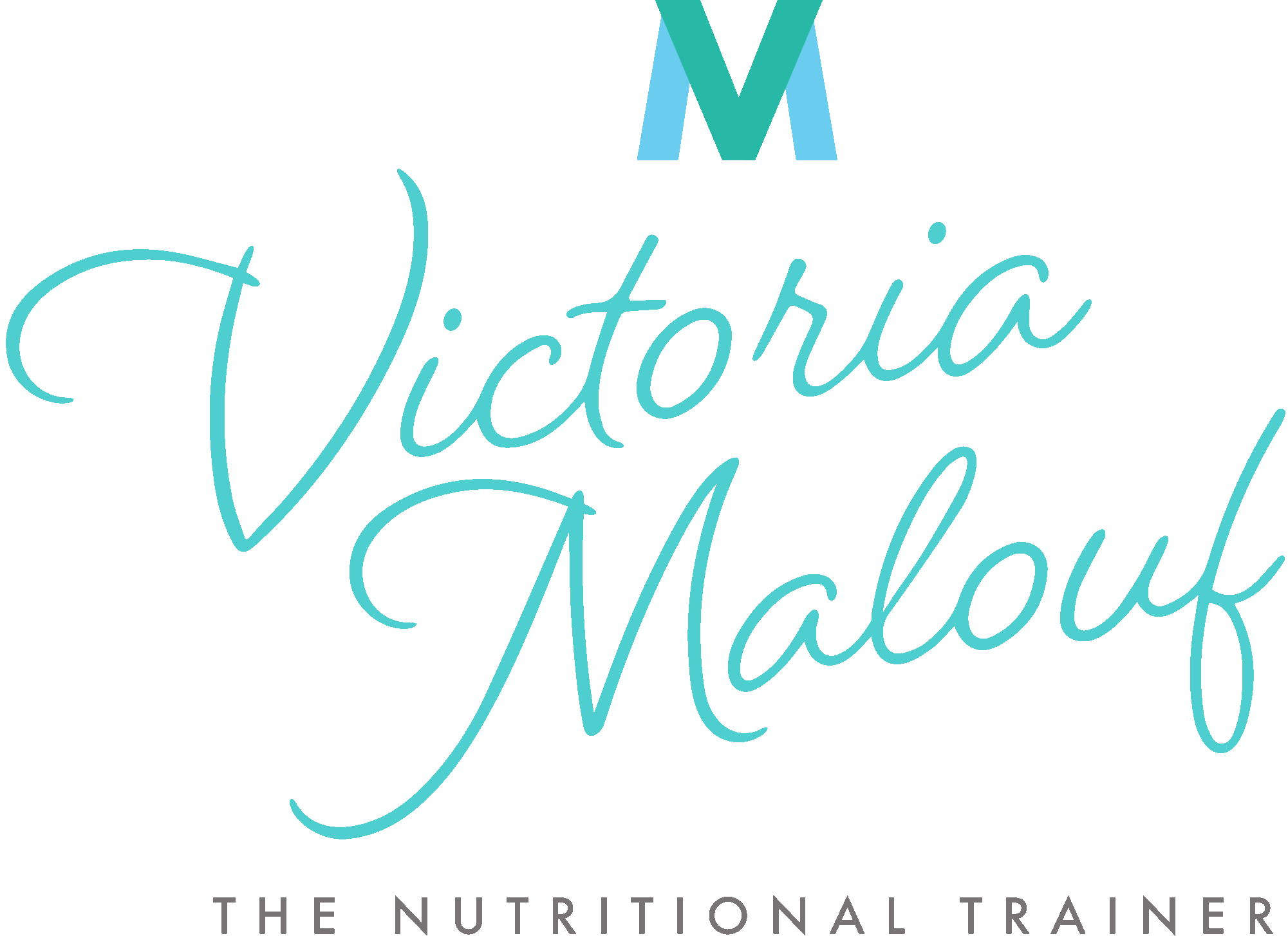The Importance of antioxidants
- Victoria Malouf
- May 16, 2016
- 3 min read
When the body is under stress through inhaling pollutants such as smoke and smog, excess drug use, radiation, chemicals and paints causes the creation of Free radicals within the body. Free radicals can cause damage to many structures in the body such as to lipids which causing atherosclerosis or heart disease, to DNA, which can cause mutations and also contributes to diseases such as diabetes, arthritis and cataracts to name just a few. Antioxidants then serve to stop the damaging effects of these substances.

Below are 9 of the best antioxidants
1. Glutathione
Glutathione is probably one of the most important molecules that you need to stay healthy and prevent disease and is also the best antioxidant. Glutathione is a molecule produced in your body from three amino acids or proteins called cysteine, glyceine and glutamine. Glutathione is crucial for one simple reason – it recycles antioxidants. Free radicals get passed around from vitamin C to vitamin E to lipoic acid and then finally to glutathione which cools off the free radicals and helps to regenerate other antioxidants. After this happens, the body can regenerate another protective glutathione molecule and the cycle starts again. However, bad diets, stress, trauma, toxins and infections all deplete your glutathione stores meaning you can’t fight off infections and disease. Tips to help improve your glutathione levels is to eat foods rich in selenium and sulphur rich foods such as turmeric, garlic, onions and cruciferous vegetables (kale, cauliflower, cabbage)
2. Coenzyme Q10 (CoQ10)
CoQ10 is mainly found in in meat and fish products but can also be found in broccoli, cauliflower, nuts, spinach and soy. It is a powerful antioxidant that buffers the potential adverse effects of free radicals on the inner mitochondrial membrane of the cell whilst also serving to help to stabilize and preserve cell integrity and function.
3. Vitamin E
Vitamin E is considered to be on the most important antioxidants as it prevents free radical damage to the polyunsaturated fatty acids (one of the good types of fats) in the cells and prevents the body’s tissues and organs form undue stress. To increase your intake of vitamin E try and incorporate spinach, sweet potato, kale, milk, nuts and seeds and olive oil in your diet.
4. Vitamin A
Along with its’ other functions in vision, brain development and cognition, Vitamin A rich foods such as carrots, sweet potato, fish, milk, eggs and red meat can also be powerful antioxidants.
5. Vitamin C
Besides having a direct antioxidant effect in the body, it also helps to regenerate Vitamin E and maintain the body’s glutathione production. The best sources of Vitamin C that you should try and include in your diet are Oranges, blackcurrants, capsicum, strawberries and papaya.
6. Selenium
Selenium is a crucial part of Glutathione peroxidase enzymes, which aid in liver detoxification. The main sources of selenium are brazil nuts, garlic, fish, seafood and wheat germ.
7. Alpha Lipoic acid (ALA)
Alpha lipoic acid, along with gluthione is unique in that it can act as an antioxidant in both water and fat-soluble tissues whilst other studies have shown that ALA is able to regenerate the other antioxidants Vitamins C and E. Due to this unique ability it is crucial for diseases that are associated with oxidative stress such as cancer, diabetes, multiple sclerosis and nerve pain. As ALA is only found in small amounts in certain organ foods such as liver, kidney and also in spinach, broccoli and brussel sprouts to get appropriate amounts to act as an antioxidant supplementation would be needed.
8. Tumeric
Many studies have shown that Tumeric and it’s main constituent Curcumin not only have direct Antioxidant activity but also helps to enhance glutathione levels in the body.
9. Garlic
Garlic and it’s constituents (allicin, allyl cysteine, allyl disulfide and allin) have been shown to have a strong antioxidant activity due to it’s ability to scavenge free radicals and by indirectly enhancing the body’s internal antioxidant system, glutathione which was discussed above. Many studies have shown that garlic can reduce cholesterol levels, reduce the progression of heart disease, reduce blood pressure and reduce blood sugar levels in diabetics.

References
Braun L and Cohen M. 2015. Herbs and Natural Supplements; An evidenced Based guide. Elsevier. Chatswood, NSW.
Hechtman L. 2012. Clinical Naturopathic Medicine. Elsevier. Chatswood, NSW.
Photo credit
www.wellandgood.com

